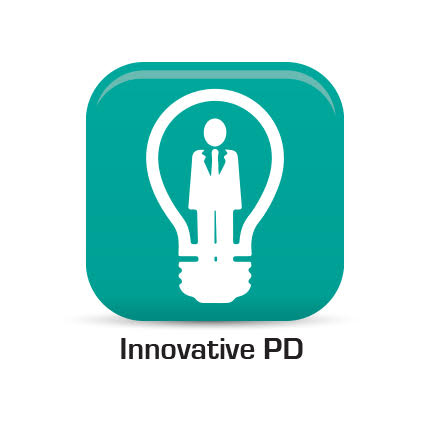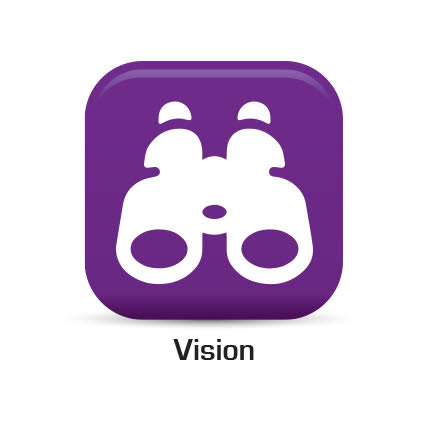Michigan Model
Michigan Model for Health
The Michigan Model for Health® is a comprehensive and sequential K-12 health education curriculum that aims to give school-aged children (ages 5-19 years) the knowledge and skills needed to practice and maintain healthy behaviors and lifestyles. It provides age-appropriate lessons addressing the most serious health challenges facing school-aged children, including social and emotional health; nutrition and physical activity; alcohol, tobacco and other drugs; personal health and wellness; safety; and HIV. The Michigan Model for Health facilitates learning through a variety of interactive teaching and learning techniques. Skill development through demonstration and guided practice is emphasized resulting in the  development of positive lifestyle behaviors for students and families.
development of positive lifestyle behaviors for students and families.
Michigan Model for Health supports the Common Core State Standards by providing opportunities for informational reading and for persuasive and explanatory writing. It also supports development of Career and College Ready Student Characteristics:
- Use technology and tools strategically in learning and communicating
- Use argument and reasoning to do research, construct arguments and critique the reasoning of others
- Communicate and collaborate effectively with a variety of audiences
- Solve problems, construct explanations and design solutions
Two-Year, Two-State Evaluation Study Proves the  Michigan Model for Health Works
Michigan Model for Health Works
The study design and outcomes met the rigorous standards used by the DHHS Substance Abuse and Mental Health Services Administration to secure placement of the Michigan Model for Health on the National Registry of Evidence-Based Programs and Practices (NREPP).
CASEL Collaborative for Academic, Social, Emotional Learning
The mission of CASEL is to establish social and emotional learning as an essential part of education. CASEL provides a systematic framework for evaluating the quality of classroom-based social and emotional learning (SEL) programs and produces a guide which identifies well-designed, evidence-based SEL programs. The Michigan Model for Health is among 26 programs identified across the United States.
Additional resources are provided via email request. To make a request via email, please use the HELP button.
Contact Information:
Alexandrea Bodenberg
Health Education Consultant
Phone: 231-767-7310
Contact Alexandrea Bodenberg via email
Lea Streblow
Administrative Assistant
Phone: 231-767-7339
Contact Lea Streblow via email
